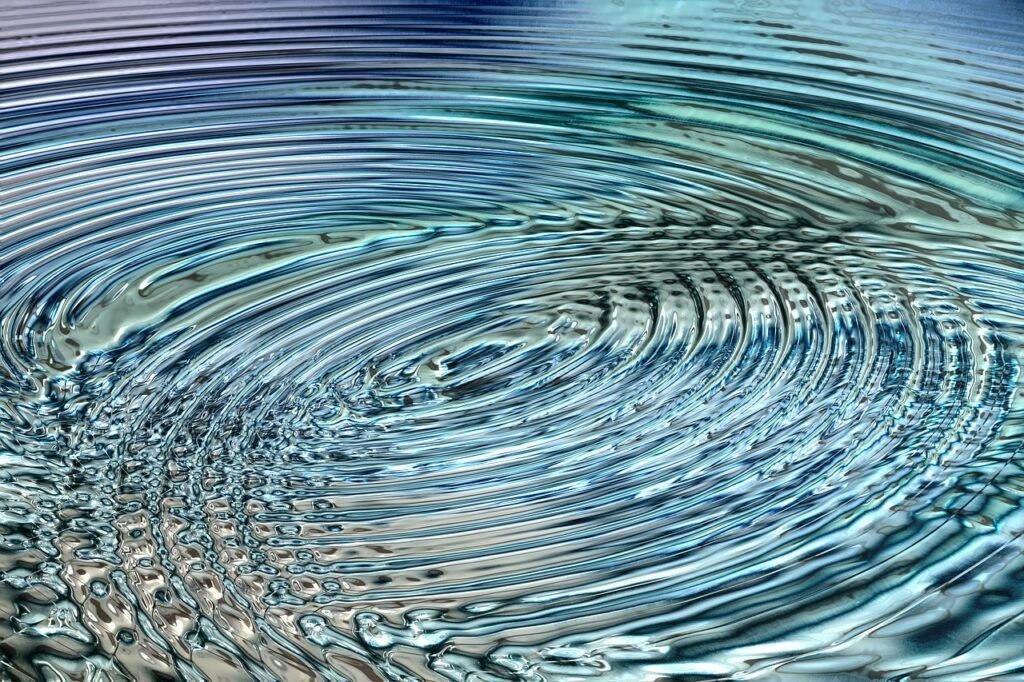Abstract
Acoustic problems are getting worse in the Indian Ocean, which is very big and has a lot of different kinds of plants and animals. People mostly cause these problems, which are very dangerous to marine life and habitats. Changes in water speed affect the spread of acoustic waves in the Indian Ocean, mainly in terms of depth and range. The speed increases as the temperature, salinity, and depth increase, and bands of similar temperatures go from east to west. The water is the warmest along the equator and gets cooler as you get closer to Antarctica. The speed drops quickly as you go deeper and is at its slowest at the Sofar channel axis. After this depth, the speed goes up in a straight line with the hydroacoustic pressure. Changes in the bathymetry along the line of the wave also affect how the wave moves. The Indian Ocean basin is the youngest and shallowest of the major basins. It has ridges that can change the way hydroacoustic waves travel. These ridges include three active mid-ocean ridges and two dormant volcanic ridges.
Sound underwater is vital for marine life because it helps them communicate, find their way, and hear their prey and enemies. Noise from ship engines, propellers, and other nautical activities can make it hard for marine mammals to talk to each other, change how they look for food, and cause them to get stuck. Noise levels in the ocean have increased because of shipping, industry, and naval drills. Anthropogenic noise is also made by industrial processes like offshore drilling, which affects marine habitats and the health of sound-sensitive marine creatures. This study note talks about the problems with sound in the Indian Ocean and gives ideas on making and using sound sensors to help with sediment management.



Leave a Reply